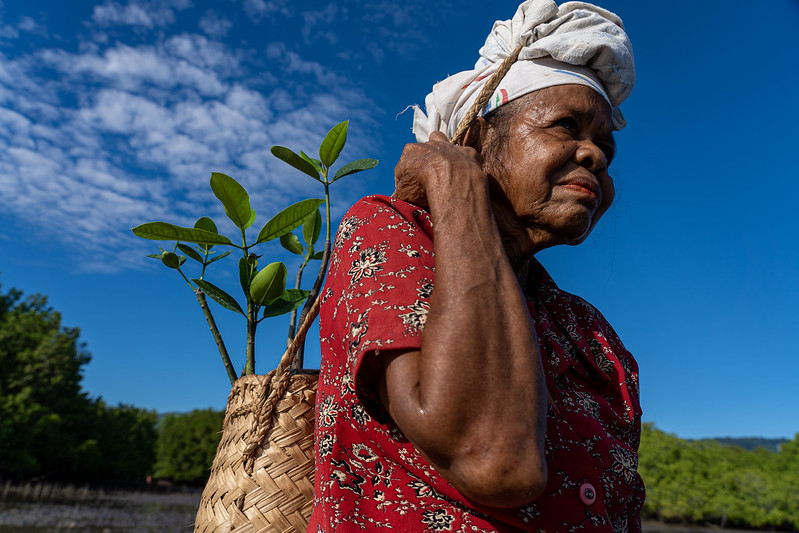China: The Great Hero for Poverty in Timor-Leste
 Since 2005, Timor-Leste, located in southeastern Asia, has depended on the Petroleum Fund as its primary source of revenue. The Petroleum Fund Law was designed to maximize revenue from natural resources to enhance human resources and the overall well-being of the country’s population. However, due to high withdrawal rates from this sovereign wealth fund, projections suggest it will be depleted by 2034. Consequently, government spending has decreased by almost 18%. This reduction has had a negative impact, as Timor-Leste, like other developing countries, has relied on oil revenue to build infrastructure, enhance education, improve health care and more. With job opportunities being extremely scarce, many residents have fallen into poverty.
Since 2005, Timor-Leste, located in southeastern Asia, has depended on the Petroleum Fund as its primary source of revenue. The Petroleum Fund Law was designed to maximize revenue from natural resources to enhance human resources and the overall well-being of the country’s population. However, due to high withdrawal rates from this sovereign wealth fund, projections suggest it will be depleted by 2034. Consequently, government spending has decreased by almost 18%. This reduction has had a negative impact, as Timor-Leste, like other developing countries, has relied on oil revenue to build infrastructure, enhance education, improve health care and more. With job opportunities being extremely scarce, many residents have fallen into poverty.
Belt and Road Initiative
After President Xi Jinping of China met with the Prime Minister of East Timor-Leste, new hopes for strengthened economic ties emerged, leveraging roads and sea routes that link China with Asia, Africa and Europe. By joining the Belt and Road Initiative in 2017, Timor-Leste enhanced its bilateral relations with China, contributing to greater social stability. This collaboration allows China to extend its innovations in industrialization, infrastructure and food sufficiency to East Timor, improving overall quality of life.
With 43% of its population engaged in agriculture, Timor-Leste stands to benefit from shared technological advances, water conservancy construction and irrigation techniques. This partnership is expected to boost cooperation in fisheries and reduce poverty in Timor-Leste, fostering a more self-sufficient environment. Collaborating with China also enables East Timor to advocate for the development of the Global South and strengthen its connections with international programs, including those of the United Nations (U.N.).
China’s Collaboration with the UNICEF
In Feb. 2024, China and UNICEF launched a $1.5 million project to assist the Timor-Leste community affected by floods and COVID-19. East Timor is vulnerable to heavy rains, mountain runoff and low soil permeability, making flooding a significant problem, especially as the pandemic lockdown left the majority unprepared. China’s objective with this project is to improve access to education, nutrition and sanitation for children impacted by this natural disaster. This collaboration between China and UNICEF aims to support 150,000 children and women in health and education, particularly important as flooding has destroyed many school buildings. Specifically, the project plans to provide nutrition services to 83,000 children and offer 34,000 pregnant women lessons in nutrition and breastfeeding. Moreover, it focuses on delivering life-saving assistance during these natural disaster emergencies.
Looking Ahead
Although Timor-Leste faced significant economic losses due to poverty, stemming from the depletion of its Petroleum Fund and a lack of jobs, China has helped rejuvenate the country toward a more developed state. The Belt and Road Initiative has enhanced access to roads and trade and preparations for climate-induced disasters have improved over time. Through these ongoing initiatives, Timor-Leste is progressing toward becoming a self-sufficient nation.
– Linda Yoonseo Lee
Linda is based in Phoenix, AZ, USA and focuses on Good News for The Borgen Project.
Photo: Flickr
